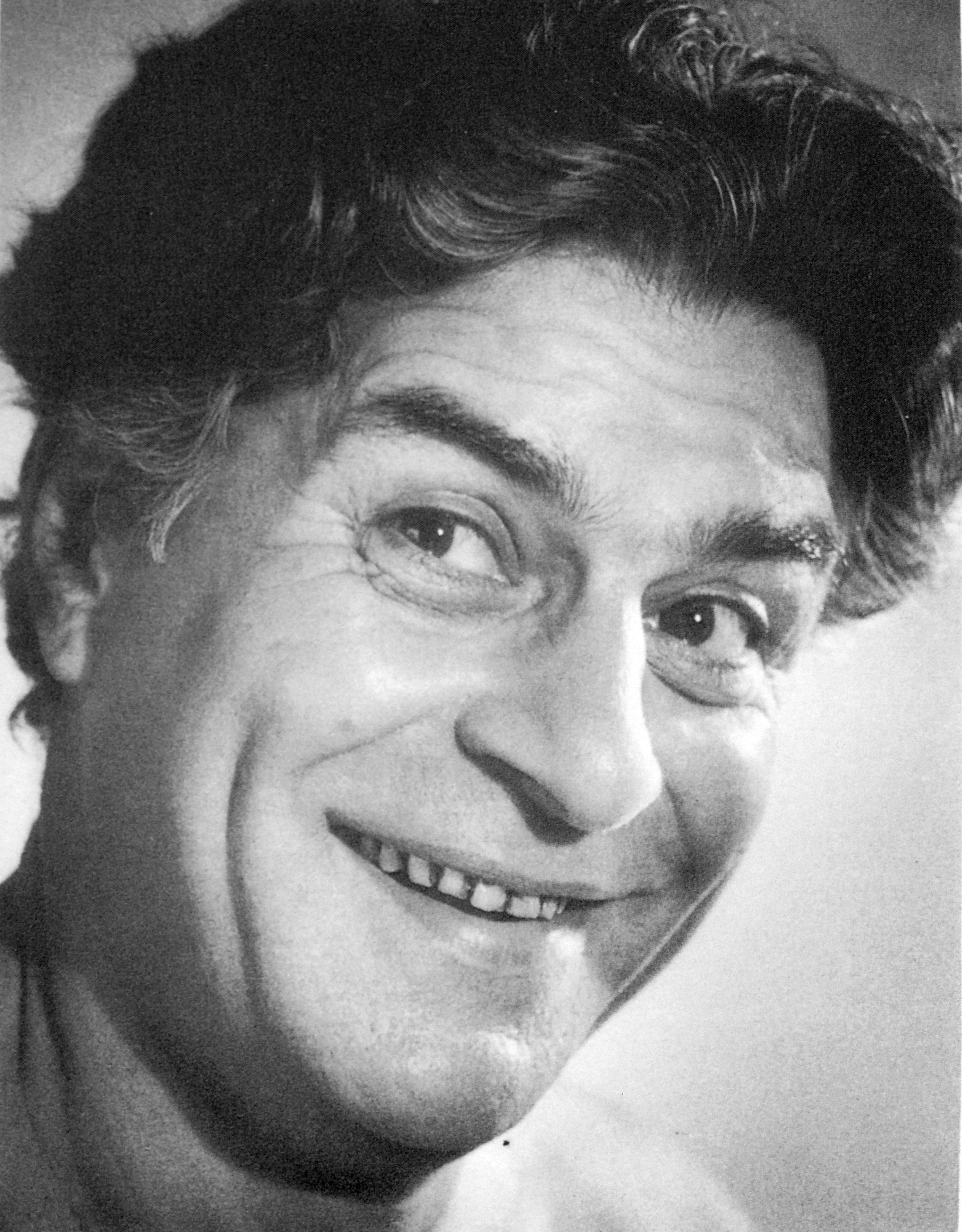Sajjan Lal Purohit (15 January 1921 – 15 May 2000)
Sajjan Lal Purohit, widely known as Sajjan, was a legendary Indian actor, playwright, poet, and multi-talented artist. He was born on 15 January 1921 in Koliya village near Didwana, in the Marwar region of Rajasthan. His contribution to Indian cinema, theatre, literature, and art made him one of the most versatile and respected figures in Indian performing arts.
Sajjan completed his Bachelor of Arts in Jodhpur and later moved to Calcutta to study law. However, due to World War II, he left law and shifted to Bombay to follow his artistic passion. Even as a student, Sajjan had a deep love for acting and poetry.
In Bombay, Sajjan began his career in the film industry by working as an assistant director with the famous filmmaker Kedar Sharma. He wrote dialogues and songs for films like Lady Doctor, Meena, and Door Chalein. In 1944, he started working with legendary actor Prithviraj Kapoor on the play Shakuntala, where he composed songs and wrote dialogues. Impressed by Sajjan’s talent, Prithviraj Kapoor invited him to join Prithvi Theatres as a permanent member. Sajjan performed in several renowned plays including Deewar (1945), Gaddar (1945), Pathan (1947), and Aahuthi (1949).
Sajjan went on to act in over 200 films, portraying a wide range of roles. He shared the screen with some of the biggest stars of Indian cinema. His notable films include Muqaddar (1950), Saiyan (1951), Sheesha (1952), Hum Log (1952), Nirmohi (1952), Poonam (1952), Jhanjhar (1953), Mehmaan (1953), Malkin (1953), Rail Ka Dibba (1953), Ghar Ghar Mein Diwali (1955), Talaaq (1958), Didi (1959), Bahana (1960), Sahib Bibi Aur Ghulam (1962), Door Gagan Ki Chhaon Mein (1964), Ankhen (1968), Aashirwad (1968), Johny Mera Naam (1970), and Do Boond Pani (1971). He also appeared in the popular TV serial Vikram Aur Betaal (1985).
Sajjan was a passionate theatre artist. He was the founder of Triveni Rangmanch and directed several award-winning plays, including Sayana and Pagli. He was trained by the UNESCO Theatre Institute, Drama Academy of Bombay, and world-famous mime artist Marcel Marceau. In 1962, he launched a unique One-Man Show where he performed over 300 solo shows in India and abroad.
He was also active in literary and journalistic fields. In 1952, he launched a film magazine called Narad. In 1960, he published Shri Prithviraj Kapoor Abhinandan Granth, a tribute to his mentor. His poetry collection Jawan was published in 1964. Apart from that, he wrote several emotional and soulful songs that were broadcast on radio.
In addition to acting, Sajjan was a gifted poet, playwright, mime artist, sculptor, terracotta artist, driftwood artist, singer, magician, yoga practitioner, and a self-taught child psychologist. His deep study of Bharatmuni’s Natya Shastra led to a groundbreaking visual project titled Rasa Bhaava Darshan, which creatively illustrated human emotions and expressions in a way no one had attempted before.
Sajjan passed away on 15 May 2000, leaving behind a legacy that continues to inspire generations of artists. His extraordinary blend of creativity, intellect, and emotional depth made him a truly unforgettable figure in Indian cinema and theatre. Even today, he is remembered as a pioneering and multifaceted talent who shaped the cultural landscape of his time.
About the Collection : The collection includes Sajjan’s handwritten manuscripts of his original plays, including notable works such as Pagli, Sayana, Dulal, Vijay, Under Secretary, Tricycle, and others. The collection also contains correspondence, press clippings, and articles (dating from 1951 to 1971), as well as photo albums and publicity materials related to his films—such as posters, brochures, and announcements—that highlight his contributions to Indian cinema. The collection includes several issues of Narad, a film magazine with which Sajjan was affiliated. This comprehensive collection serves as a valuable resource for researchers, students, and admirers of Indian theatre and cinema, preserving the enduring legacy of Sajjan for posterity. (Catalogue available)
Donor: Annuradha Vyas
Acquisition: 2025



